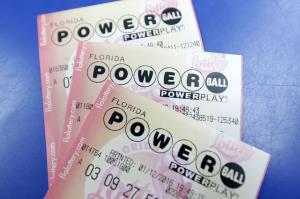Jury Says .3% is Enough

Minute Maid stopped making its Pomegranate Blueberry juice in 2014. (AP)
http://www.newser.com/story/222453/jury-cokes-3-pomegranate-juice-was-a-ok.html
1) In what ways does this affect POM? How does a jury know what is true in a case like this?
2) In what ways might a father feel differently about this than an executive at Coca Cola? Why might an Indian feel differently about this than an American?
3) To what degree could this be thought of as a math problem? Health?
4) How might this have been different if it was advertised as apple-pomegranate juice? In what ways would this article have been different if it was about pears?
5) What are the basic assumptions about health in this article? To what degree does this affect you? Your community?
Extension Activities:
1) Students can research the marketing behind "super foods" over the past decade and use the same tactics to promote a new food of their choice to be in included in the list.
2) Students can write a law for rules and ethics in advertising associated with the amount of the marketed or primary ingredient.
AoK: Math, Human Science
WoK: Reason, Language







